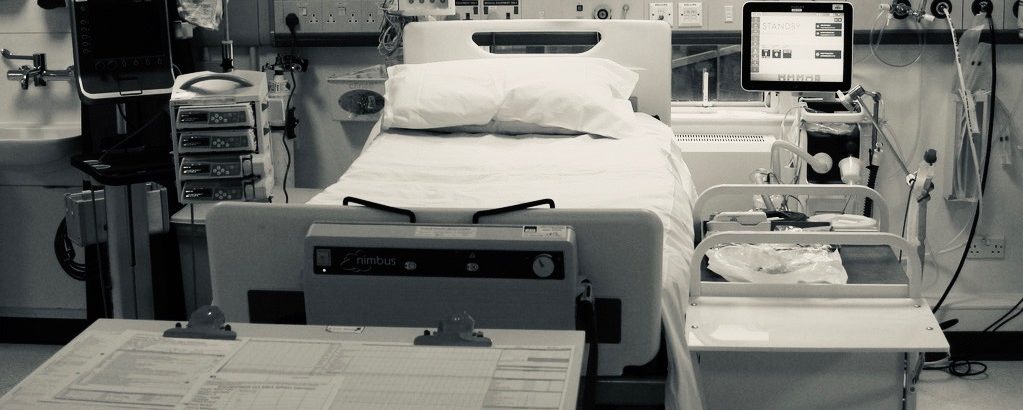More than 20 million people in the UK have signed the organ donor register, registering their wish to donate organs after their death. Sadly most people won’t get the chance to fulfil that wish as dying at home, in a hospice or in a normal hospital ward isn’t usually compatible with organ donation. It is only people who die in intensive care, or in similar circumstances, that may be eligible for organ donation after death.

A person can choose to donate their kidneys, liver, lungs, heart, pancreas and/or small bowel after their death. One donor can save or enhance the life of up to 9 other people. Despite so many people signing up to the organ donor register, there is a shortage of donor organs in the UK. This is because so few people die in circumstances compatible with donation (only 1% of the population) and also because families are often uncertain of their loved one’s wishes.
On average, three people die every day in the UK whilst waiting for a transplant.
Each intensive care unit has a Specialist Nurse for Organ Donation who can explain to patients and families if organ donation is an option for them and sensitively support them through what is understandably a very difficult time.
Organ donation is not right for everyone. But because people who die in intensive care are in the almost unique position of having the option of organ donation, it is normal for intensive care staff to ask about donation as part of exploring the patient’s wider end of life wishes.
If you would like to know more about organ donation, go to NHS Blood & Transplant’s website here.

Comments are closed